Federally Legal Weed

Weed For Every Need
Flower
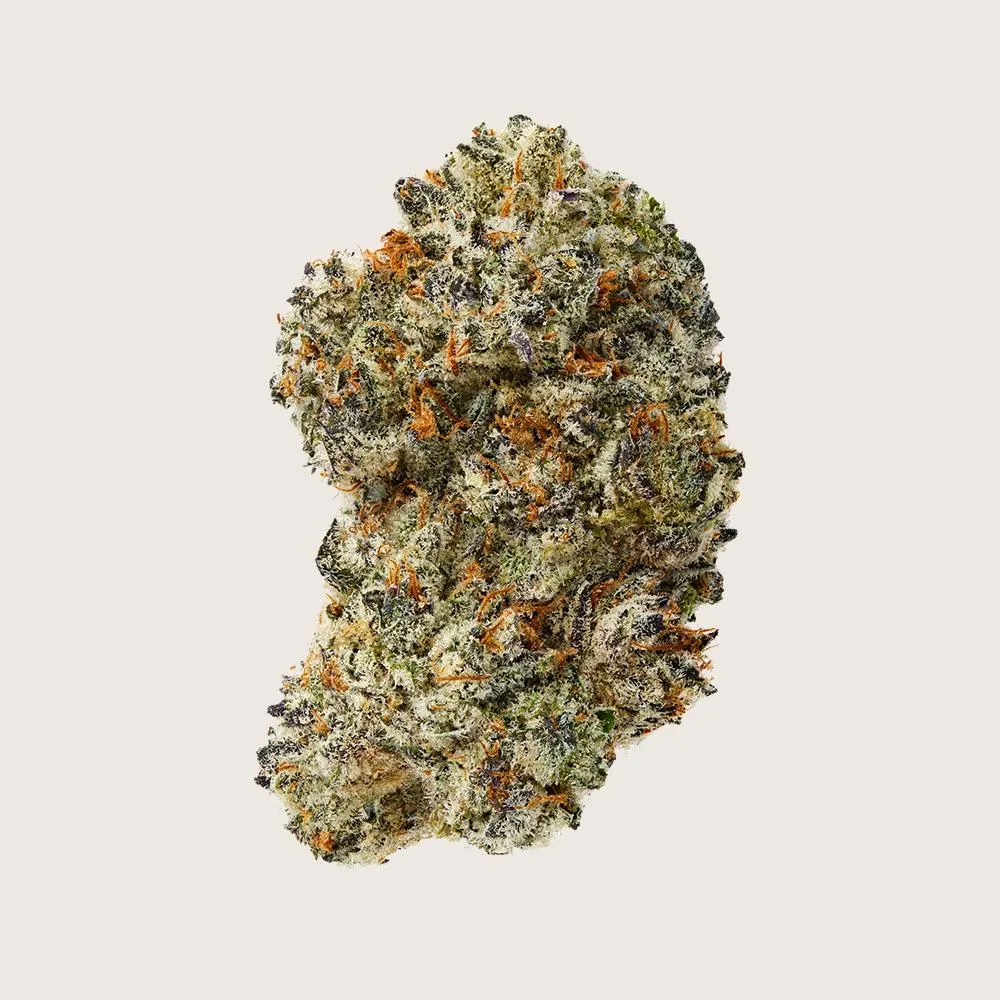
Vapes
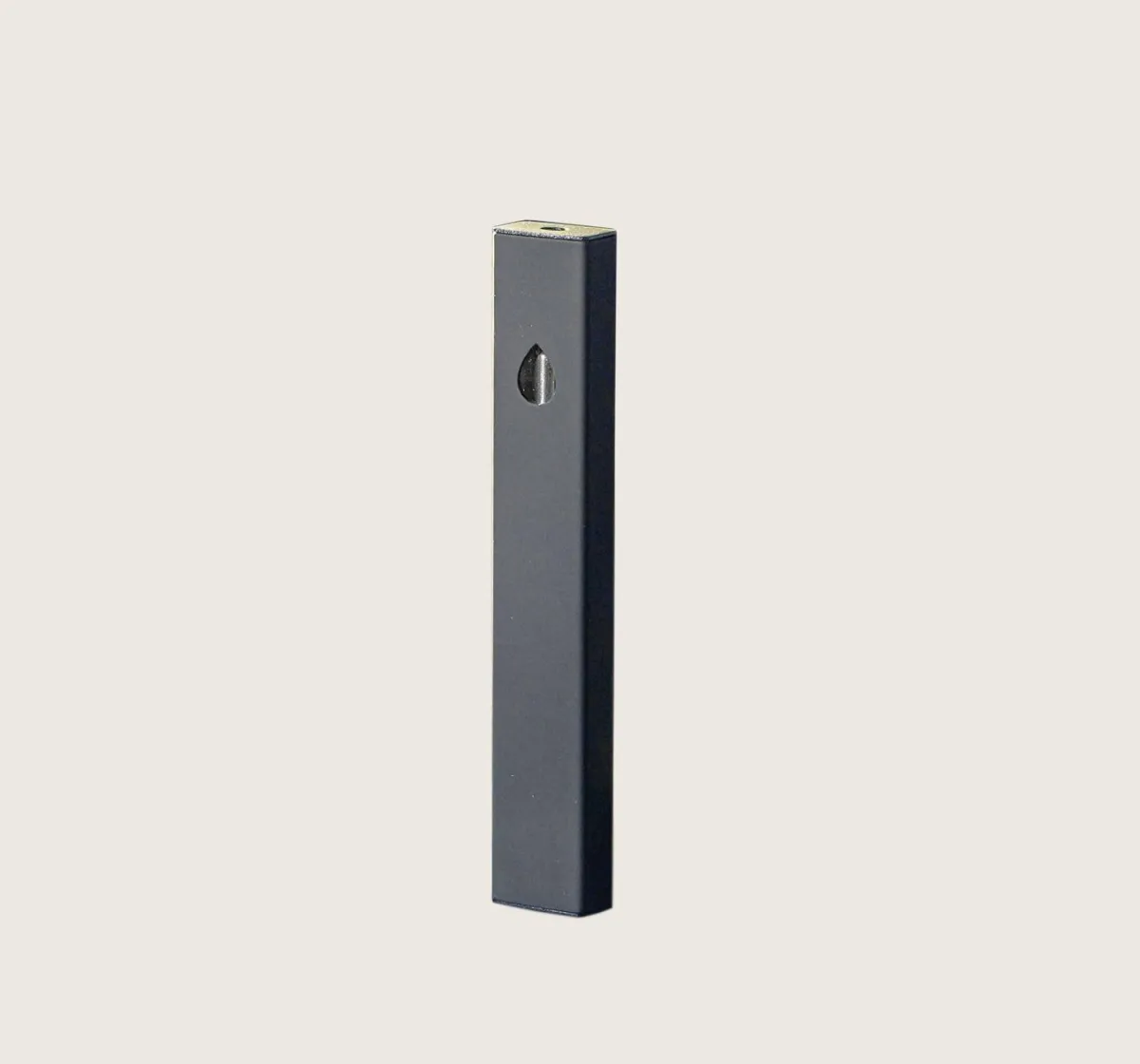
Concentrates
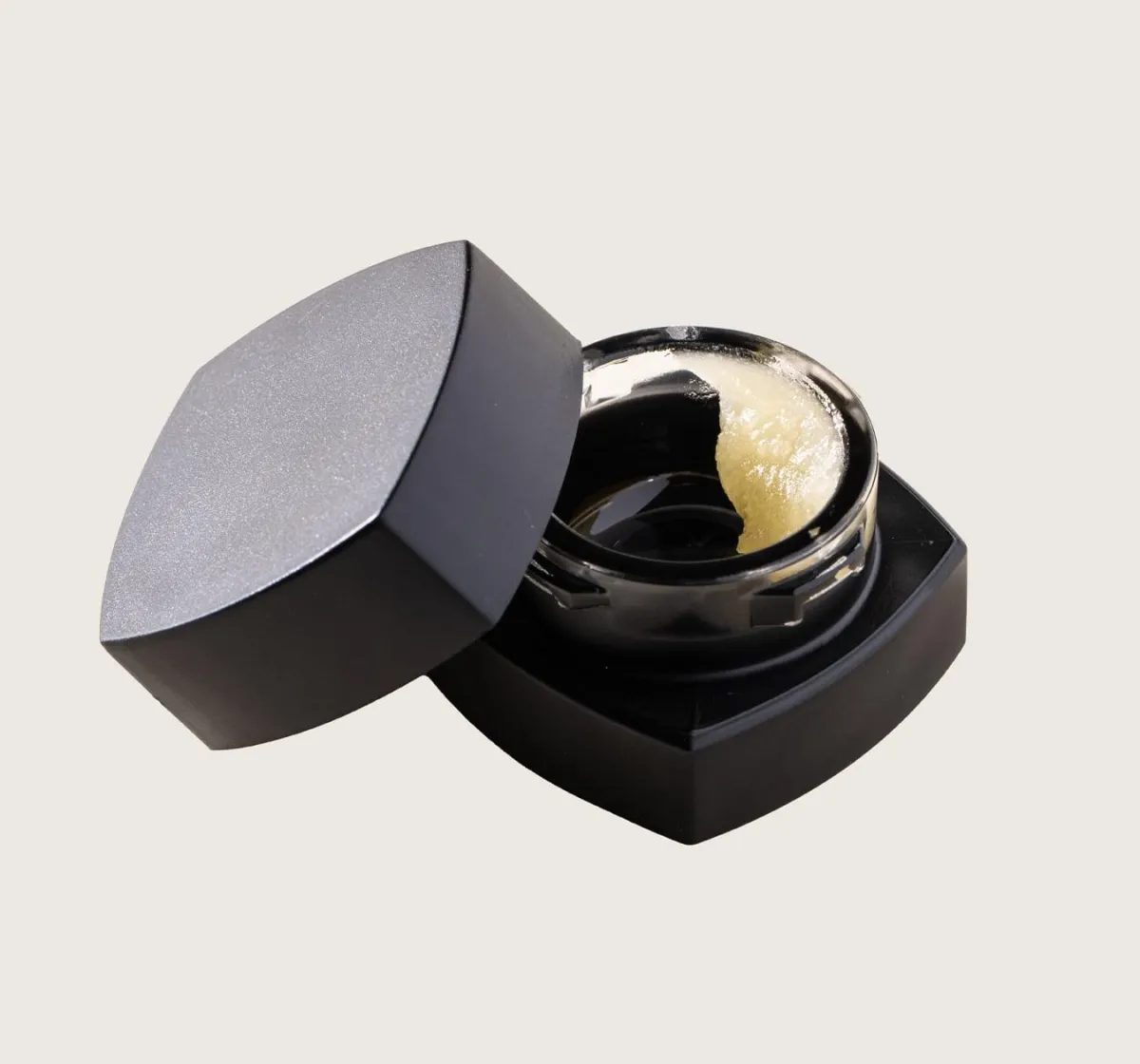
Edibles
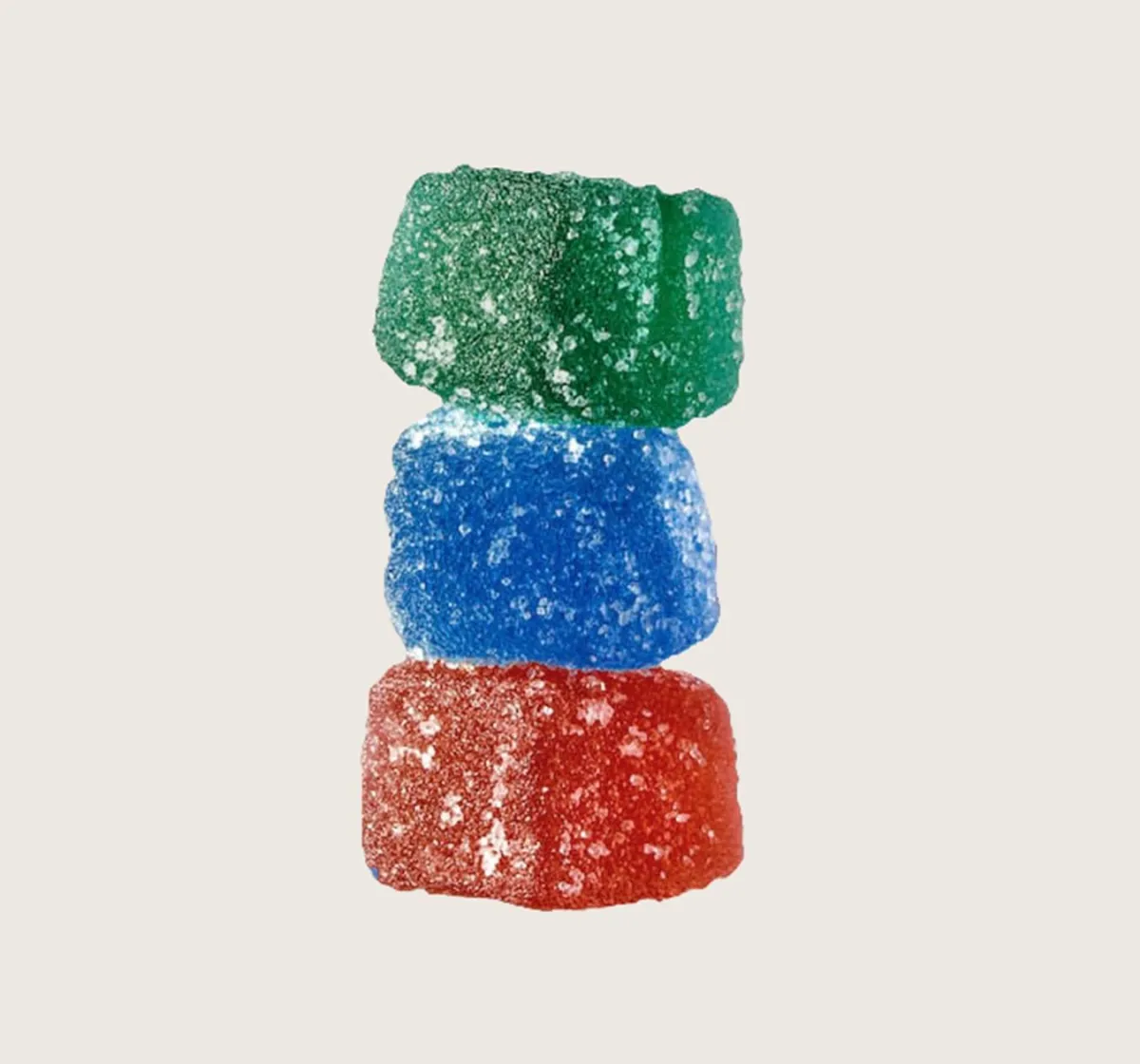

Best Sellers
Gushers
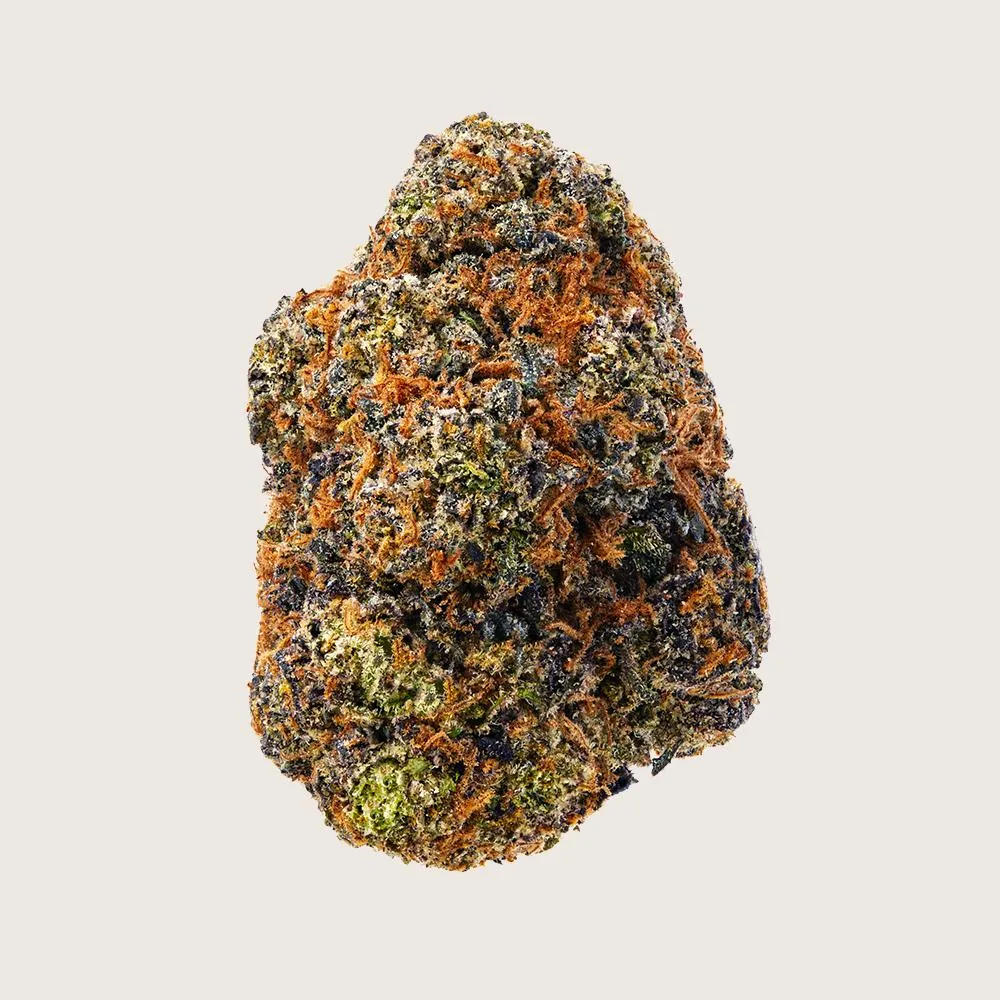
Gary Payton
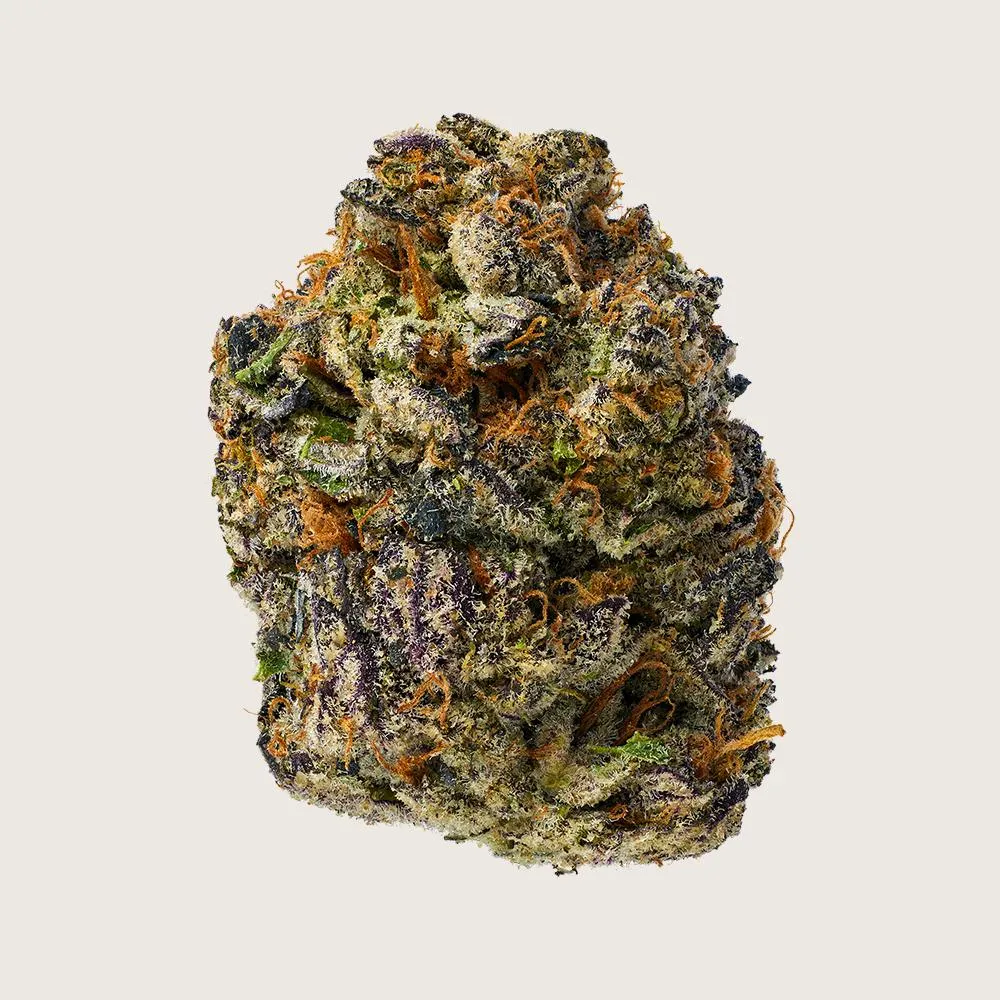
Oreoz

Purple Punch
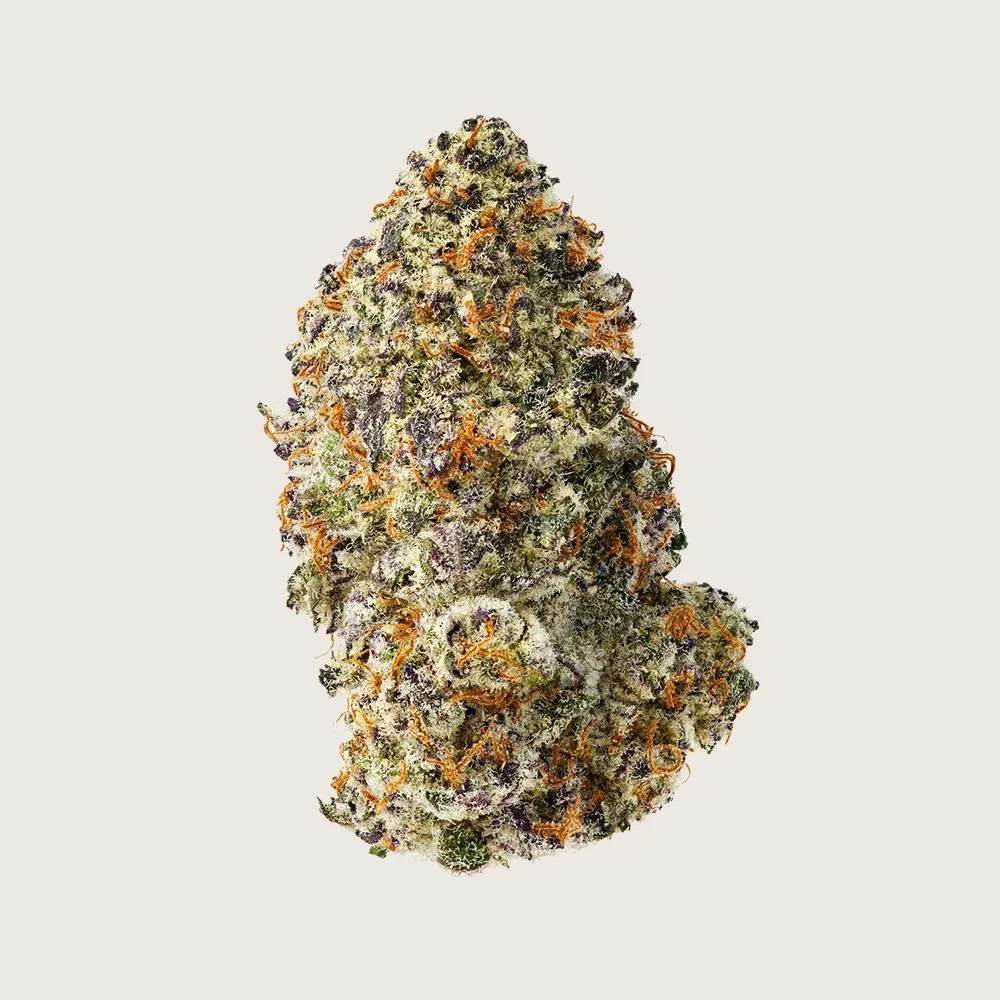

F A Q
Is Jmon Holistics Legal?
Jmon Holistics Is 100% Federally Legal
The Agriculture Improvement Act of 2018 (commonly known as the Farm Bill) removed hemp from the government’s list of controlled substances. Hemp is defined as cannabis with less than 0.3% Delta-9 THC by dry weight, officially distinguishing it from marijuana. All of Jmon’s products comply with the Farm Bill, and are legally permitted to ship to most U.S. states.
Jmon Holistics meets regulatory standards . Jmon Holistics products don’t just comply with Delta-9 THC content limitations. The Farm Bill also has strict regulations on hemp cultivation, ensuring that licensed growers act according to state, tribal, or federal law. We rigorously test and monitor our cannabis products to meet these regulatory standards.
Jmon Holistics Ships to Most U.S. States
While hemp-derived products are federally legal, state laws vary. Some states have lighter regulations, while others impose additional restrictions or outright bans on certain cannabis products. We continually adapt to follow these state-specific laws.
See where we ship here

What is THCa?
THCa is one of the many cannabinoids found in the cannabis plant. It’s the precursor to THC, the cannabinoid responsible for the "high" associated with marijuana. THCa Hemp looks, smells, tastes, and gets you high like marijuana.
But unlike all marijuana, THCa is 100% federally lawful. In this post, we'll dive into everything you need to know about THCa, including its chemistry, psychoactive effects, legal status, dosing, and potential benefits. If you're curious about what THCa is and how it can set your mood, you've come to the right place.
How is THCa hemp different from THC?
THCa, or tetrahydrocannabinol acid, is typically found in the raw, unheated cannabis plant. THCa is technically not psychoactive in its raw state; however, once THCa is smoked or heated, it converts directly to THC through a process called decarboxylation. You can’t get THC without first having THCa!
How does THCa make you feel?
THCa does not produce the intoxicating effects associated with THC until it’s heated or smoked. Once heated, however, THCa products are extremely psychoactive. You can expect the same high you’d get from the best flower at your local dispensary. At Jmon Holistics, we seek out strains with specific cannabinoid ratios and terpene profiles so we can confidently predict the type of high you’ll feel, whether that’s chatty and social, relaxed and chill, creative, or happy.
How does someone dose THCa as a beginner or a seasoned user?
Remember that THCa converts to THC when heated or smoked, so it will get you high! Finding the right THCa dosage depends on various factors, including individual tolerance, weight, experience, and desired effects. Beginners should always start with small doses to gauge sensitivity and gradually increase as needed. Seasoned users may have a higher tolerance and may want larger amounts to reach their desired effect. Regardless of experience level, always be mindful of the gradual onset of psychoactive effects.
What are the benefits of THCa?
Research on THCa is still in its early stages. Some users report relief from mild pain and soreness, occasional stress and tension, and occasional sleeplessness. However, more research is needed to fully understand and validate these potential benefits.
Is THCa Legal?
Yes, THCa is 100% federally lawful. The Agriculture Improvement Act of 2018—commonly known as the Farm Bill—authorized hemp production and removed hemp and hemp seeds from the DEA list of Controlled Substances. As a result, Hemp-derived THCa, containing less than 0.3% THC, is legal. All Jmon Holistics Products comply with the Farm Bill, which defines legal limit as “no more than 0.3% Delta-9 THC on a dry weight basis.” However, state laws vary, so it's essential to check state-level regulations regarding the cultivation, sale, and use of THCa-rich hemp products.
Does THCa show up on a Drug Test?
THCa can show up on drug tests, while CBD typically doesn’t. However, depending on the type of test and the specific product you’re using, there’s always a possibility of a positive result. It’s also impossible to pinpoint an exact timeframe for how long cannabinoids stay in your system because it depends on a variety of factors, such as:
✦ The type of cannabinoid: THC stays detectable longer than CBD, for example
✦ The method of consumption: Smoking is usually detectable faster than edibles.
✦ Your frequency of use: Regular users show traces for longer than occasional users.
✦ Your metabolism and body fat: Faster metabolisms clear out cannabinoids quicker, and fat stores THC for longer.
✦ How hydrated you are: Drinking plenty of water helps flush out cannabinoids.
Generally, you can expect cannabinoids to linger in your saliva for up to 24 hours, one to two days in your bloodstream, three to 30 days in urine, and up to 90 days in hair. These are just estimates, though, and individual cases can vary significantly.
How does Jmon Holistics select its THCa flower?
We work with small, USA farms to selectively breed for cannabis that produces each of our ten signature moods, through high THCa content and precise blends of terpenes and cannabinoids. By understanding the plant and working with it, not against it, we grow cannabis that helps you get the mood you want, whether it’s a classic high, a body soothing chill, or a happy trip.

What are Cannabinoids?
From the happy heights of THC to the chilled-out calm of CBD, cannabinoids hold the key to understanding the surprisingly complex cannabis plant.
While cannabinoids have been studied since the ’60s, more and more discoveries have surfaced about these unique molecules and their effects. Here’s everything you need to know about cannabinoids.
What are cannabinoids?
Imagine a molecular house party where each guest brings a unique vibe. That’s essentially what cannabinoids are like; they’re all present in the cannabis plant but each one boasts a specific chemical structure, influencing how it interacts with the body and mind. Some, like THC, act as social butterflies, binding to receptors in the brain and sparking that “high” feeling. Others, like CBD, play the introvert, offering a more subtle, calming effect. While sleepy CBN might just be your express route to bedtime.But, like any good gathering, how each molecule interacts is also key. Cannabinoids are team players, often working together to amplify or mitigate each other’s effects—sort of like the way eating tomatoes (full of vitamin C) with spinach helps your body absorb more iron. It’s this type of subtle interplay that creates the diverse spectrum of experiences associated with cannabis, from giggly euphoria to peaceful focus.
When were cannabinoids discovered?
While the use of cannabis dates back millennia, an increased scientific understanding of its active ingredients can be traced back to the ‘60s. This boost in knowledge surrounding THC’s psychoactive properties paved the way for the discovery of other cannabinoids, like THCa and CBG (more about those later), and the eventual recognition of the body’s endocannabinoid system.This intricate biological network helps regulate and balance a wide range of functions, including promoting a range of moods and sensations—and cannabinoids interact with it like keys in a door, unlocking and influencing these various states.
What are the most common cannabinoids on the market today?
There are more than 100 known cannabinoids in the cannabis plant, and some are much more common than others. Here's a quick snapshot of some of today’s key cannabinoids:
✦ THC (Tetrahydrocannabinol): The star of the show, THC is responsible for the “high” associated with marijuana, and may promote feelings of euphoria, relaxation, and altered perception. The two key types are Delta-9 THC (generally considered more potent and psychoactive), and Delta-8 THC (often described as producing a milder, more clear-headed high).
✦ THCa (Tetrahydrocannabinolic Acid): The precursor to THC, THCa converts directly to psychoactive THC when it’s heated or smoked.
✦ THC-P (Tetrahydrocannabinol): Generally believed to be a more potent analog of THC, THC-P may have stronger psychoactive effects and may result in a more intense high.
✦ THC-V (Tetrahydrocannabivarin): Sometimes referred to as “diet weed,” THC-V is structurally similar to THC and has been said to act as an appetite suppressant.
✦ CBD (Cannabidiol): THC’s chill counterpart, CBD is known for its ability to promote feelings of relaxation and may help loosen the body and mind.
✦ CBN (Cannabinol): A sleepy-feeling cannabinoid, CBN is generally considered less potent than THC and is often found in aged cannabis.
✦ CBG (Cannabigerol): Referred to as the “mother,” CBG is the precursor molecule for many other cannabinoids.
✦ CBC (Cannabichromene): A non-psychoactive cannabis compound, CBC may function as the “glue” that binds other cannabinoids together.
✦ HHC (Hexahydrocannabinol): A derivative cannabinoid structurally similar to THC, HHC is thought to have psychoactive effects similar to THC, although the potency and specific effects may differ.
✦ HHC-P (Hexahydrocannabinol Phenylpropanoid): Another derivative compound that may have psychoactive effects similar to THC, though the specifics are still largely unknown.

So, what are terpenes?
Terpenes are the fragrant oils found in a variety of plants including cannabis, fruits, and herbs. They’re responsible for the dizzying array of scents and flavors we enjoy in cannabis, from the piney smell of Christmas trees to the citrusy zest of oranges and the funky skunk of hops. They’re also good for plants: Terpenes can act as natural pesticides that help repel insects, protect the plant from disease, and attract pollinators. Terpenes and cannabinoids can often work together in a synergistic way called the “entourage effect.” This means they can enhance or modify each other's effects, potentially boosting the benefits of cannabis.

Does THCa show up on a Drug Test?
THCa can show up on drug tests, while CBD typically doesn’t. However, depending on the type of test and the specific product you’re using, there’s always a possibility of a positive result. It’s also impossible to pinpoint an exact timeframe for how long cannabinoids stay in your system because it depends on a variety of factors, such as:
✦ The type of cannabinoid: THC stays detectable longer than CBD, for example
✦ The method of consumption: Smoking is usually detectable faster than edibles.
✦ Your frequency of use: Regular users show traces for longer than occasional users.
✦ Your metabolism and body fat: Faster metabolisms clear out cannabinoids quicker, and fat stores THC for longer.
✦ How hydrated you are: Drinking plenty of water helps flush out cannabinoids.
Generally, you can expect cannabinoids to linger in your saliva for up to 24 hours, one to two days in your bloodstream, three to 30 days in urine, and up to 90 days in hair. These are just estimates, though, and individual cases can vary significantly.



Shop By Category
Flower
Pre Rolls
Concentrates
Vapes
Edibles
We do not ship THCA products to the following states where THCA is restricted or illegal:
Hawaii, Idaho, Minnesota, Oregon, Rhode Island, Utah, Vermont.
All products are Federal Farm Bill Compliant and contain less than 0.3% THC.
FDA DISCLOSURE: The statements regarding these products have not been evaluated by the FDA.
These products are not intended to diagnose, treat, cure or prevent any disease, consult your health physician before use.
The Federal Food, Drug and Cosmetic Act requires placement of this notice.
The products on this site are not for use by or sale to persons under the age of 21.These products should be used only as directed on the label.
They should not be used if you are pregnant or nursing. Consult with a physician before use, especially if you have a medical condition or use prescription medications. A doctor’s advice should be sought before using any of these products.
These statements have not been evaluated by the FDA. These products are not intended to diagnose, treat, cure or prevent any disease. By using this site you agree to follow the Privacy Policy and all Terms & Conditions printed on this site.
Void Where Prohibited By Law. All products ship in accordance with the PACT Act.
Products on this site contain a value of 0.3% or less Δ9THC (or no more than 0.3% Δ9THC).
Please Note: Hemp Flower does contain traces of THC that are within the legal limits.
YOU MAY FAIL A DRUG TEST! The Agricultural Improvement Act of 2018 Sections 10113-10114.
Hemp Flower contains less than .3% Delta 9 THC

Facebook
Instagram
X
Youtube
TikTok
Pinterest